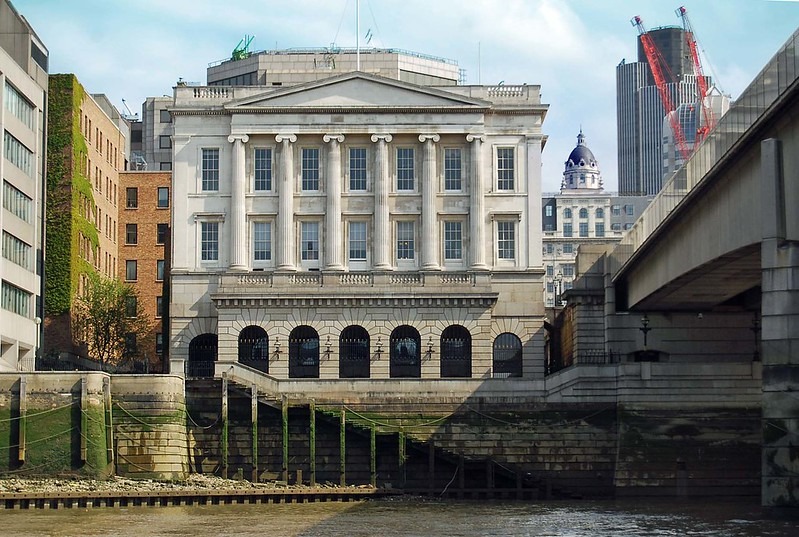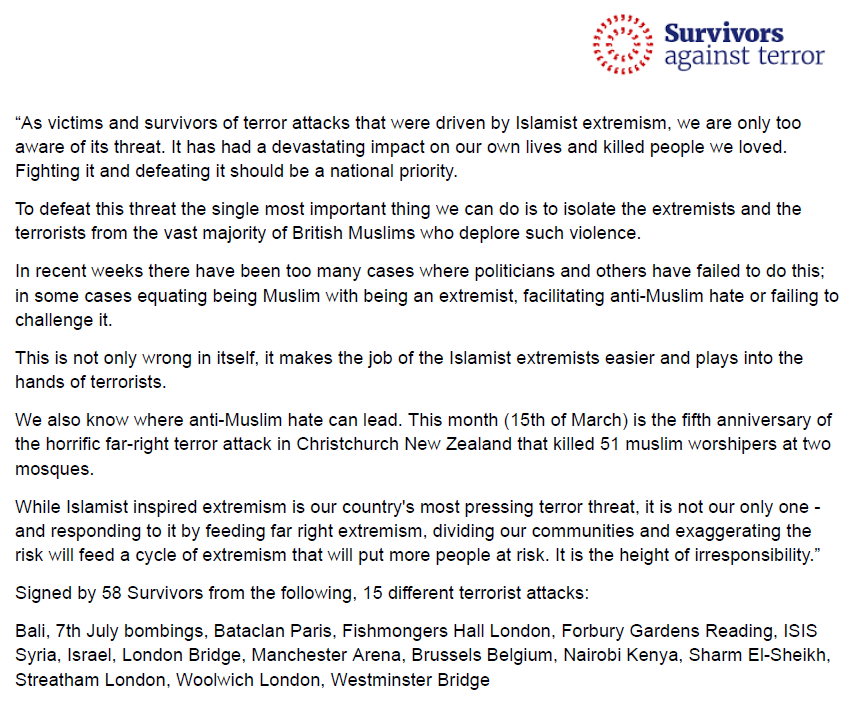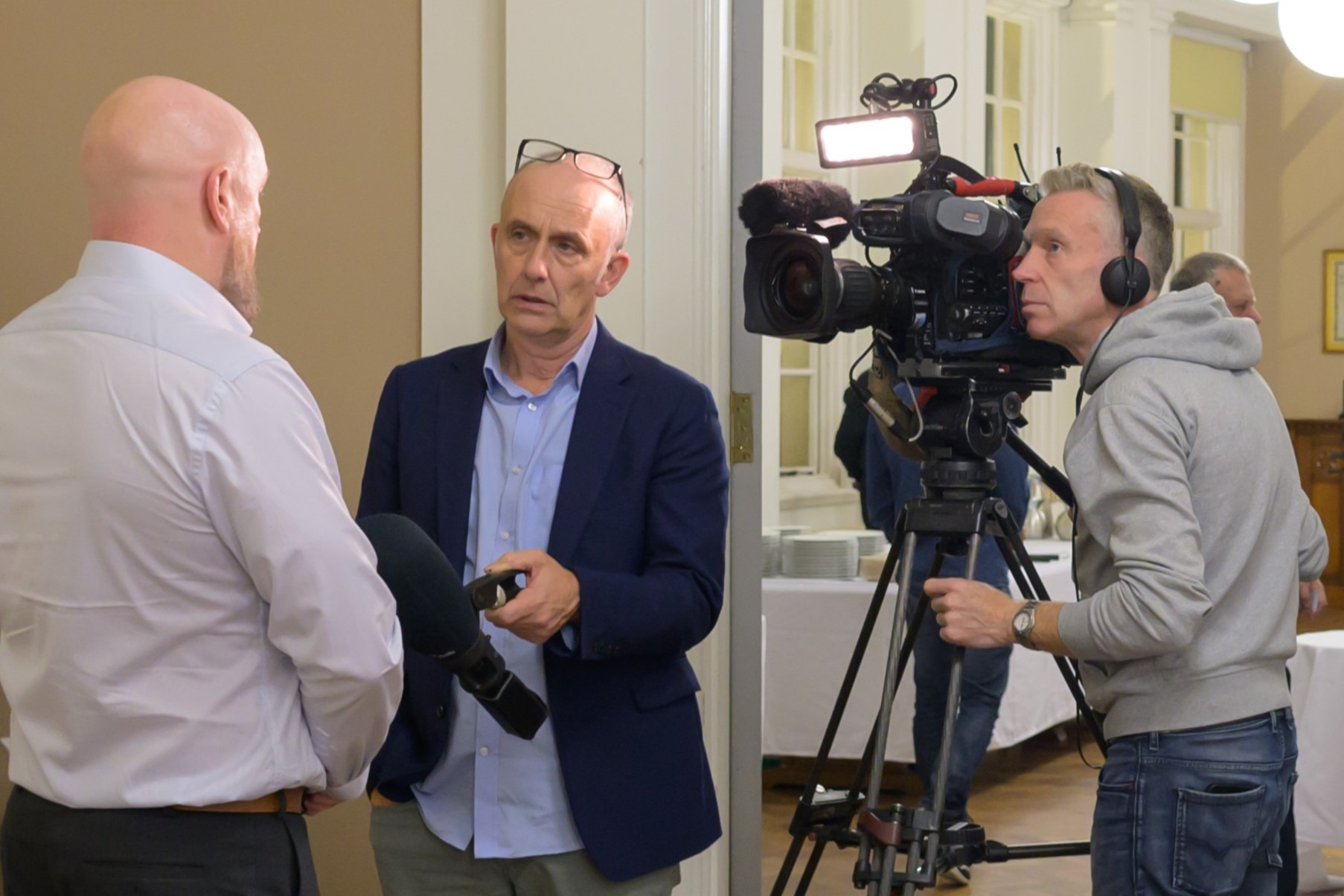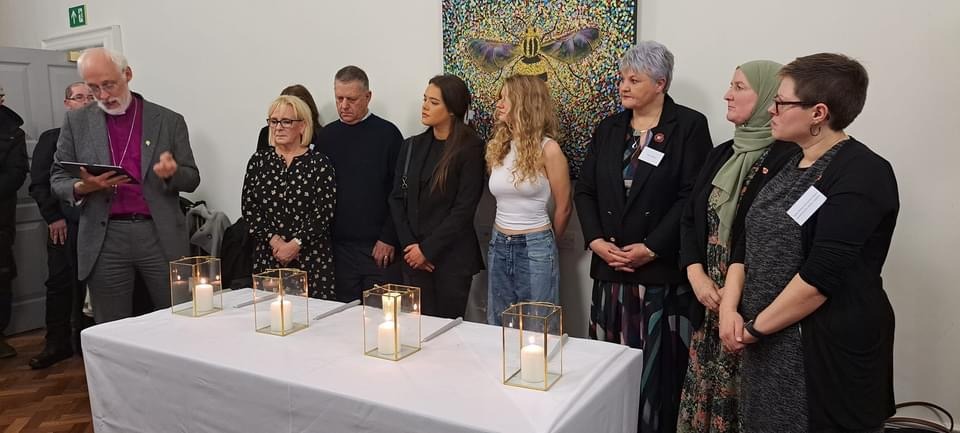By Claudia Vince.
Today marks three years since the Fishmongers Hall attack on the 29th of November 2019. It was a day that will remain in many people’s consciousness – when the world watched on as a terrorist attack unfolded on London Bridge. For me and many others, that day has been cemented in our memory, preoccupying every day of our lives as we muddle through the trauma and grief.
I was there that day and Jack Merritt was one of my close friends. I don’t want to focus on the events of that day, they have been rehashed and revisited in many (sometimes unhelpful) ways. Instead, I want to shed light on the experience that is shockingly common among those of us who are unfortunate enough to be victims of terrorism, the ways in which Britain does – or in many ways does not – rally around those impacted by terrorism.
I want to stress that I was by no means among the most directly affected that day. I was present at Fishmongers Hall when the attack unfolded and was swept up in the immediate aftermath of the attack. Many others were more centrally involved and injured (both physically, mentally, and emotionally), and their pain is never far from my mind.
In the immediate aftermath of the Fishmongers attack and during the general election campaign in 2019, over 70 survivors of terrorism wrote an open letter calling on the government to implement a charter to guarantee the rights of survivors. On the 4th of December 2019, both the Conservative and Labour parties pledged to consult on a “survivors’ charter” which aimed to provide mental health support, practical advice, and compensation to those impacted by terrorism.
Survivors Against Terror (a non-profit organisation founded by survivors of terrorism) recently published a report comparing the state provided support to survivors of terrorism across eight countries.1 This reports highlights where the United Kingdom falls behind in relation to consistent responses to terror attacks and the provision for survivors. SAT believe that a survivors’ charter should:
– Provide a single point of contact for all support and advice services
– Provide adequate funding for mental health support for all survivors
– Offer advice regarding compensation
Three years on from the original government pledge and little progress has been made. Tragically, since the Fishmongers Hall attack there have been other incidents and I hold out little hope that the support offered to other survivors will have improved.
My own experience left me lost and confused. Minimal contact from the organisations and agencies intended to support me meant I was left without any formal support. In some instances, rather than just being unhelpful, some contact with organisations was retriggering. I was receiving numerous calls from anonymous numbers, sometimes from journalists, and other times from Victim Support. In my vulnerable state I wasn’t clear what was support and what was intrusion so I turned off my phone.
I was lucky to have family and friends who could help pick up the pieces for me – they helped contact my employer, make doctors’ appointments and made sure I ate and showered. Not everyone is lucky enough to have this. A centralised, properly funded service would ensure equality of care for all people impacted by terrorism, whatever their background and socioeconomic status.
Finally, when these anniversaries come and no formal mark of remembrance takes place, it is easy to feel that all has been forgotten. A national day to commemorate all of those impacted by terrorism – those who lost their lives, those who were injured, their family and friends, and the emergency responders who are often the first ones on the scene – would go far in reminding us that we matter, people care, and our experiences are not forgotten.




